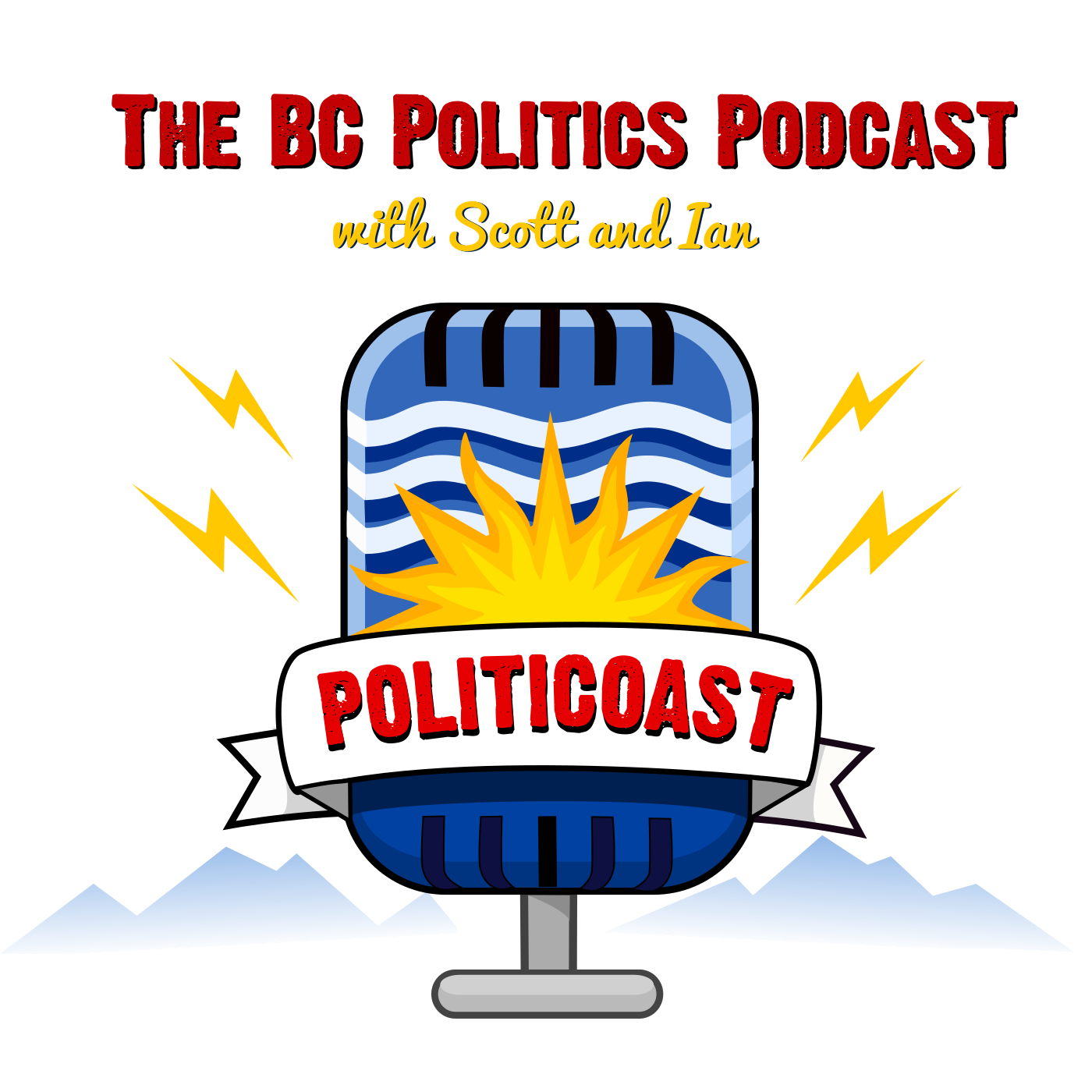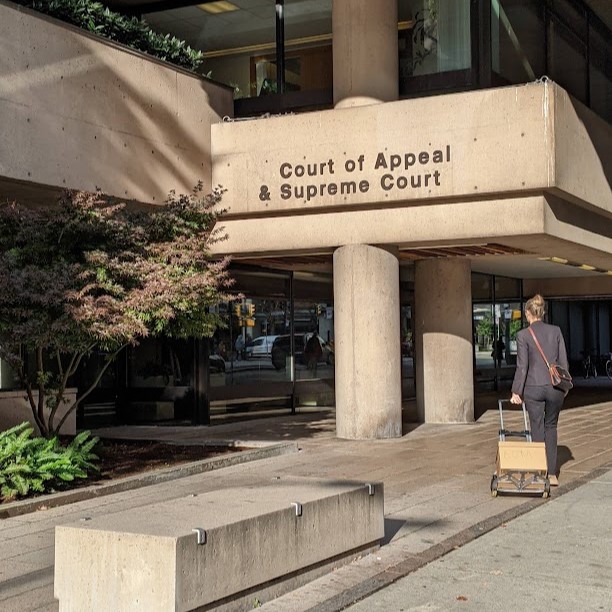A participant in a “pump and dump” scheme behind a Bob Marley-themed coffee company is the target of BC’s second unexplained wealth order, according to court records obtained by PolitiCoast.
The scheme was led by former Jammin’ Java CEO Shane Whittle and took place in 2010 and 2011. Jammin’ Java operates Marley Coffee, which was the “brain child” of Rohan Marley, Bob Marley’s son. While Rohan was a part of the company, he’s not alleged to have participated in any wrongdoing. In fact, he successfully sued Jammin’ Java for $2.8 million USD in unpaid royalties in 2017 over the use of his father’s name.
In 2010, Whittle executed a “reverse merger” to gain control of millions of the company’s shares. He then distributed those shares to offshore entities owned by his co-conspirators. This “pumped” the stock by giving it the appearance of significant international interest in the company. They further issued fake newsletters promoting the company and generating even more excitement. It worked and Jammin’ Java’s share price rocketed from $0.17 USD to $6.35 USD in a matter of months. This resulted in $78 million USD in illicit trading profits for the participants in the scheme. Members of the scheme then “dumped” the stock before Jammin’ Java’s board became aware of the illicit trading and its stock crashed in mid-2011.
One of those participants, according to the United States Securities and Exchange Commission (SEC), was Kevin Miller, a British citizen now allegedly living in Malta. Miller owned two of the shell companies that bought up shares in the company. Miller, and others in the scheme, deposited $31 million (in both Canadian and US dollars) of their proceeds into trust accounts held by Vancouver lawyer Ron Pelletier.
Because of his participation in the scheme, the Law Society of British Columbia launched disciplinary hearings into Pelletier, which resulted in him being formally disbarred last month. The decision states, “He actively enabled his clients to benefit from their crimes.” And that “it appears to be the first time a lawyer has been disciplined for money laundering.”
Miller consented to a judgement by the SEC in 2017 that resulted in him paying back $900,000 USD in ill-gotten gains and being permanently barred from participating in penny stock offerings. As part of his agreement, Miller neither admitted nor denied the SEC’s allegations against him.
During the Law Society’s disciplinary hearings, Pelletier admitted that “he knew or suspected [the funds] were proceeds from the Scheme.” However, he argued, “it would not be in his clients’ interest for the American authorities to know what amount of money was available for a settlement.” Rather, by keeping that amount secret, he “might be able to get a more favourable settlement for his clients.” The disciplinary panel responded that “it is not acceptable for a lawyer to knowingly accept or possess stolen, fraudulent or otherwise illicit funds from a client.”
Miller, having reached a settlement with the SEC, applied to the BC Supreme Court in November 2022 to get his money back from Pelletier’s trust accounts. The Law Society opposed Miller’s application, arguing they are “on a balance of probabilities, proceeds of the securities fraud alleged in the SEC Complaint.” The funds are worth at least $3.6 million CAD.
In its December 15, 2023, filings with the BC Supreme Court, the Director of Civil Forfeiture alleges that the trust funds “are proceeds and an instrument of unlawful activity.” Further, they warn if the funds are granted to Miller “they will likely be used for or to facilitate the Unlawful Activity in the future.” The Director is therefore asking the court to forfeit the funds to the Province of British Columbia.
The Court is expected to hear the case on February 1, 2024. In a news release yesterday, Minister of Public Safety Mike Farnworth said he could not comment on applications that are before the court.
Unexplained wealth orders were permitted under changes to the Civil Forfeiture Act earlier this year. When the government suspects criminal activity, they allow the government to demand an explanation for how wealth or property was obtained, with the option to seize it.
The first unexplained wealth order was filed two weeks ago.
The BC Civil Liberties Association opposed the introduction of the orders as they “undermine privacy rights, the presumption of innocence, and the right to silence.”
Minister Farnworth said in his statement, “The public can be assured that British Columbia will continue to take decisive action against suspected unlawful activity. This UWO filing sends a clear message that we will seek out ill-gotten gains and redirect them to community safety initiatives.”


